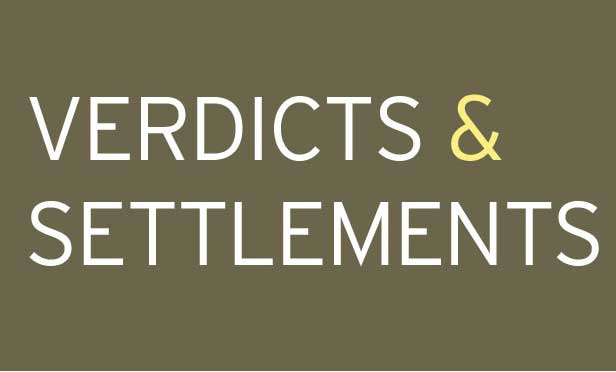Many situations arise that may necessitate a company terminating one, some, or all of the companies that distribute its products to end-users. For example, you may be looking to sell a division or product line to a purchaser with its own distribution network, or the company’s business strategy may involve moving away from brick-and-mortar sellers to online sales, or moving to a captive distribution system. In the United States, the termination of a dealer potentially raises a whole host of legal issues and may expose the terminating supplier to liability under many different legal theories.
This article sets forth a checklist in-house counsel can consult when faced with a dealer-termination scenario. This brief article necessarily is not comprehensive (depending on what jurisdiction(s) you are in, there may be other potential sources of risk), but it provides a framework for spotting issues.
This content has been archived. It is available through our partners, LexisNexis® and Bloomberg Law.
To view this content, please continue to their sites.
Not a Lexis Subscriber?
Subscribe Now
Not a Bloomberg Law Subscriber?
Subscribe Now
LexisNexis® and Bloomberg Law are third party online distributors of the broad collection of current and archived versions of ALM's legal news publications. LexisNexis® and Bloomberg Law customers are able to access and use ALM's content, including content from the National Law Journal, The American Lawyer, Legaltech News, The New York Law Journal, and Corporate Counsel, as well as other sources of legal information.
For questions call 1-877-256-2472 or contact us at [email protected]


 Donna M. Doblick of Reed Smith
Donna M. Doblick of Reed Smith




